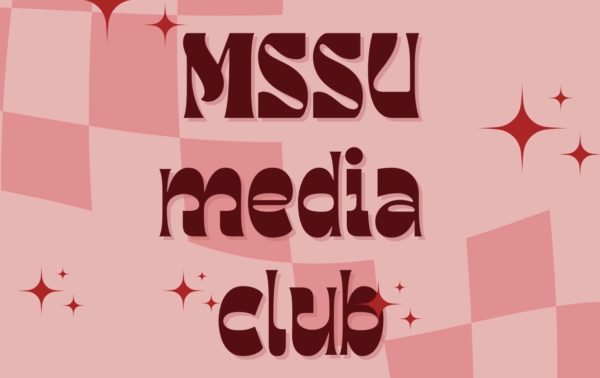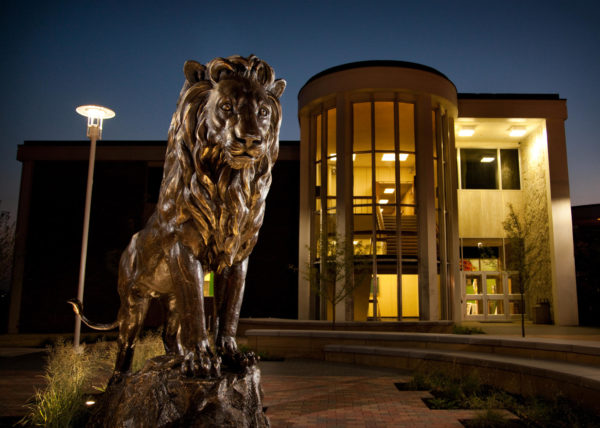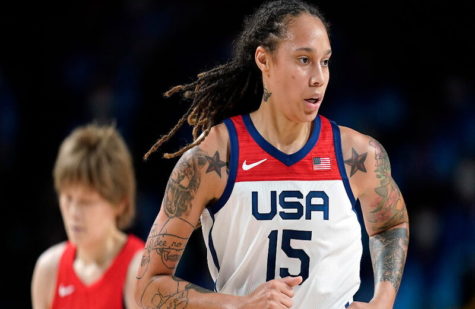Eating disorders result of detachment
According to studies by the National Eating Disorders Association, “Gay males were 7 times more likely to report bingeing and 12 times more likely to report purging than heterosexual males.” Gay men represent well over 25 percent of all male eating disorder cases nationally. Why are gay men more susceptible to developing eating disorders than their straight male counterparts? The answer is largely sociological.
A large percentage of gay men grow up feeling detached from their male peers. Many fearing they’ll develop crushes and/or be rejected, choose to avoid developing platonic relations with other males. However, the desire to be part of a group, especially the group to which one is expected to belong, is not easily overcome. Those on the outside of male society feel an even greater thirst to be the masculine ideal than those who belong.
The masculine ideal is fit and strong and good at physical activities — think sports star. The separation, whether externally imposed or self-selected, not only prevents male socialization, but also prevents participation as a youth in male-dominated fields — sports and the gym.
Consequently, many gay men only begin engaging in male-dominated activities late in life and as a means of making up for missed opportunities. While the straight world makes gay men feel inadequate, the gay world amplifies this external pressure and turns it inwards towards its own.
Across gay chat rooms can be read the common phrase, “no fems, no fats, nob …” The reality that gay men face stronger social pressures to remain fit is no secret with Seth Rogen’s character in Neighbors declaring a shirtless Zac Efron, “looks like something a gay guy designed in a laboratory.”
Considering the pressures gay men face in their own communities to attain and retain a stellar physique, it is no surprise that gay men are more likely to develop eating disorders. What can be done to change the gay community’s perspectives on body image, so that gay men no longer feel the need to harm themselves in attaining societal expectations?
Gay men must learn to break free of the constraints of archetypes, no longer defining themselves and other gay men by constructs derived from physical looks. Rather than referring to someone as a bear, twink or otter, call them by their name. Gay men must learn to not declare their dislikes so openly. Rather than focusing on what they don’t want, why not focus on what they do want? Who knows? They might find their Prince Charming wears a different shaped box than expected.
Jeremy Bamidele
Nationally syndicated journalist and contributing writer for the Huffington Post.
Your donation will support the student journalists of Missouri Southern State University. Your contribution will allow us to purchase equipment and cover our annual website hosting costs.





























